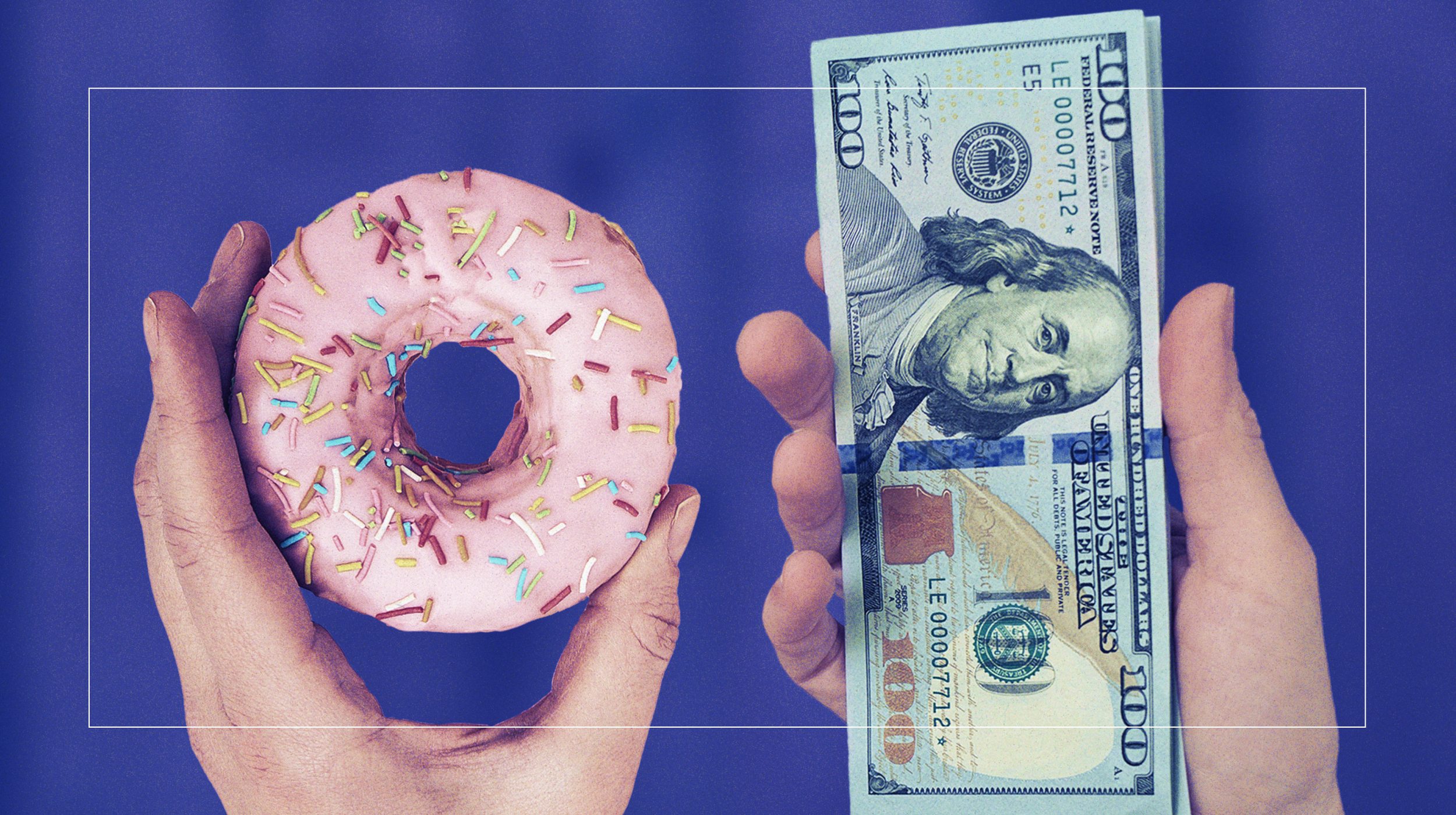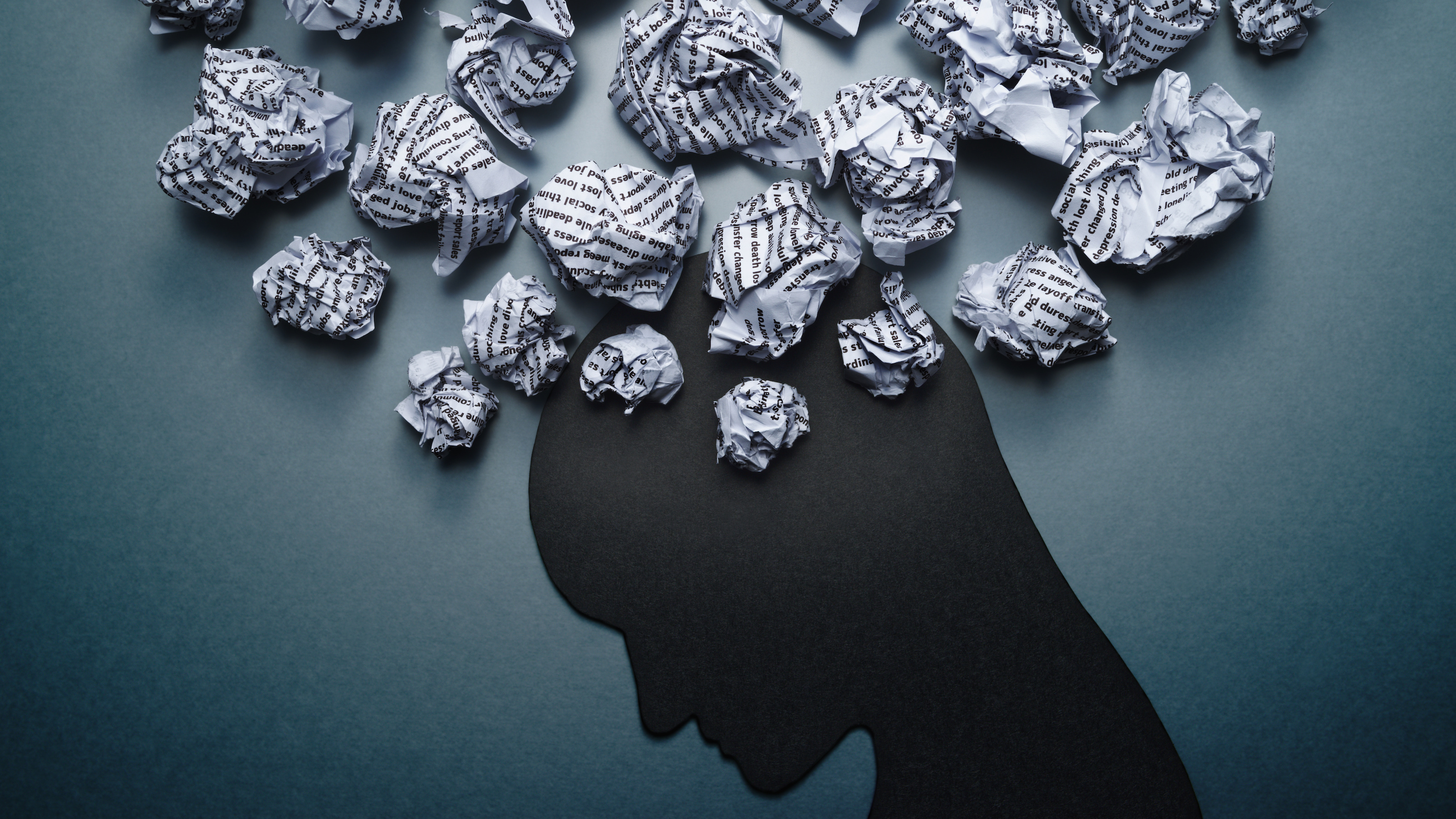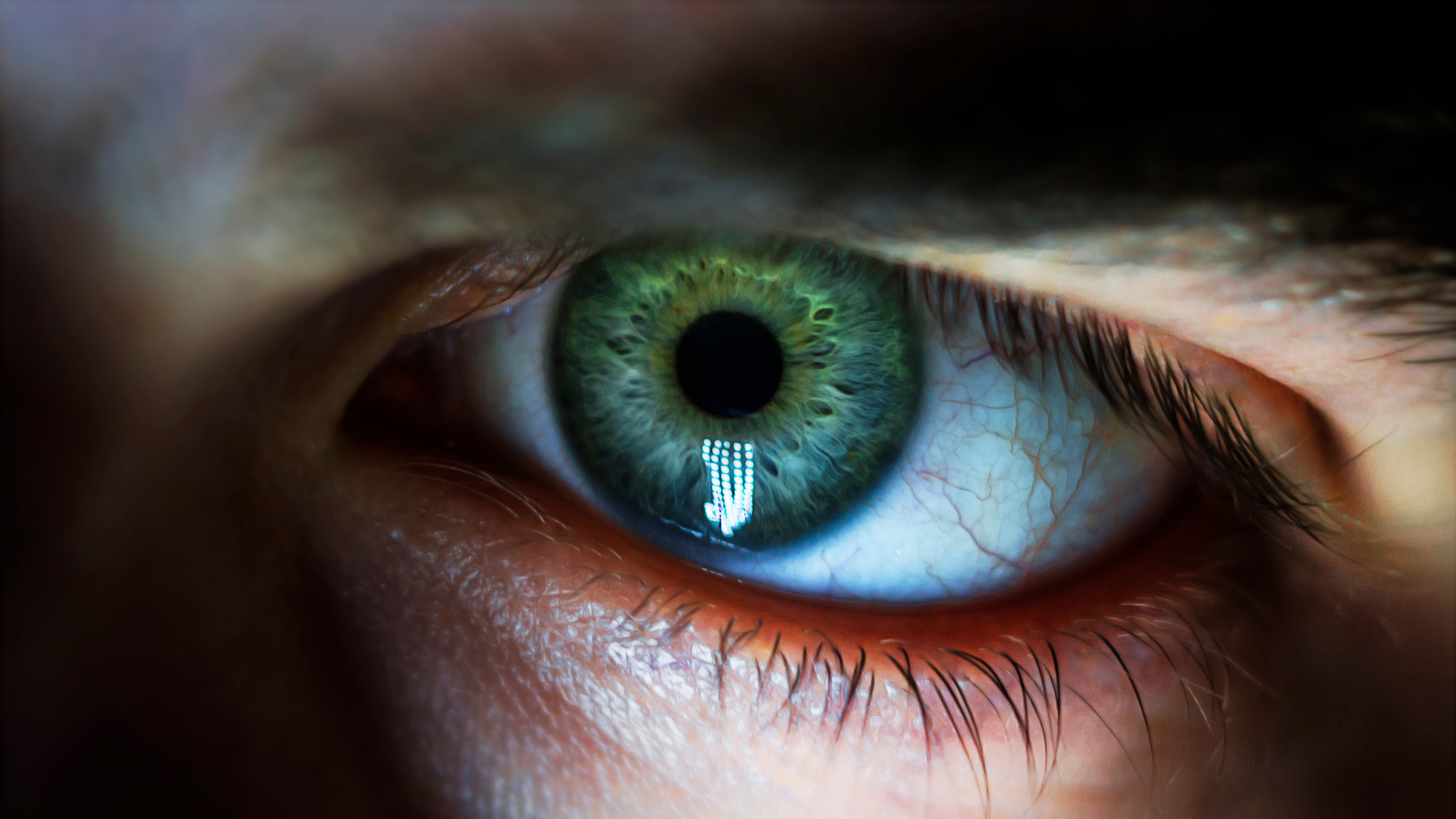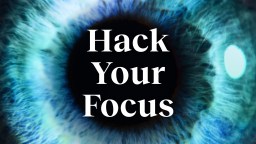psychology
Not every “expert” has the expertise to back up their argument.
Today’s young people are intelligent and kind, but they are overworked and burned out.
Dogs are seen as more likely to leap without looking – possibly a trait shared with their owners.
Some animals were even assigned their own lawyers.
It’s time to let go of those emails from your cousin and the photos of your dinner.
What creates our private, inner universes is still a mystery.
Managers who are able to identify and understand dark salespeople can manipulate them to benefit the company. What could be more Machiavellian than that?
Looking at ourselves in a mirror — or on a video call — shapes our sense of self. But what you see is not what others see.
We’re overthinking being nice.
The brain is highly plastic — the more we do a particular action, the more we change its makeup. Money is a great motivator for habit-forming actions.
But don’t buy your own brain zapping machine, yet.
People who rate themselves as highly knowledgeable about cats are more likely to interact with cats in ways they don’t like.
Spicy foods are enjoyed the world over, but scientists don’t know why people partake in culinary masochism.
Why should it be considered impolite to discuss something so important to our long-term well-being?
Break into London Zoo? Illegal, but it would improve the London Circle Walk
A clever neuroscience experiment shows that the “other-race effect” is likely due to a lack of experience and perceptual expertise rather than racism.
Cognitive fatigue results from thinking too hard and long. Neuroscientists now believe they know why this occurs.
Short-termism is both rooted in our most primal instincts and encouraged by runaway technological development. How can we fight it?
Americans on average consumed about 58 pounds of beef and veal in 2019 – compared with a global average of 14 pounds.
Good culture is more than just liking each other. Here’s the key way to build great culture at work.
▸
3 min
—
with
Commodus lived the anti-Stoic life, pursuing lust, narcissism, and self-indulgence.
You open an app and start scrolling, then suddenly it’s an hour later. Sound familiar?
One study estimated that 80% of people include “deviations” from the truth in their online profiles.
The “Mind After Midnight” hypothesis aims to explain why night owls tend to suffer more negative health outcomes.
What can elite athletes teach you about how to win?
Unplugging only ignores the hard work of overcoming your distractions.
“You develop an instant global consciousness, a people orientation, an intense dissatisfaction with the state of the world, and a compulsion to do something about it.”
A neuroscientist explains how to master your focus.
▸
7 min
—
with
If Rome was not built in a day, why do you think you can be?





























